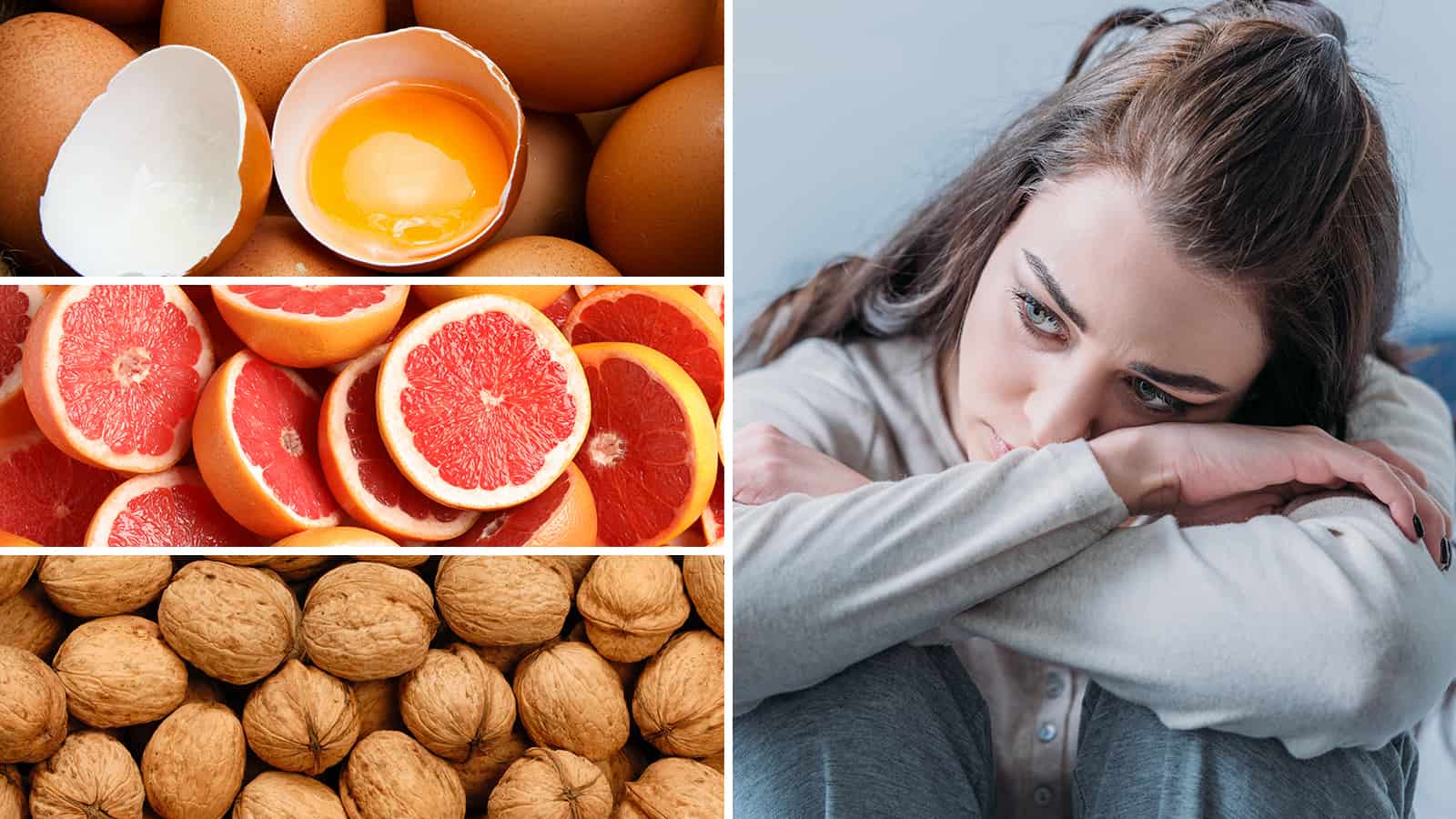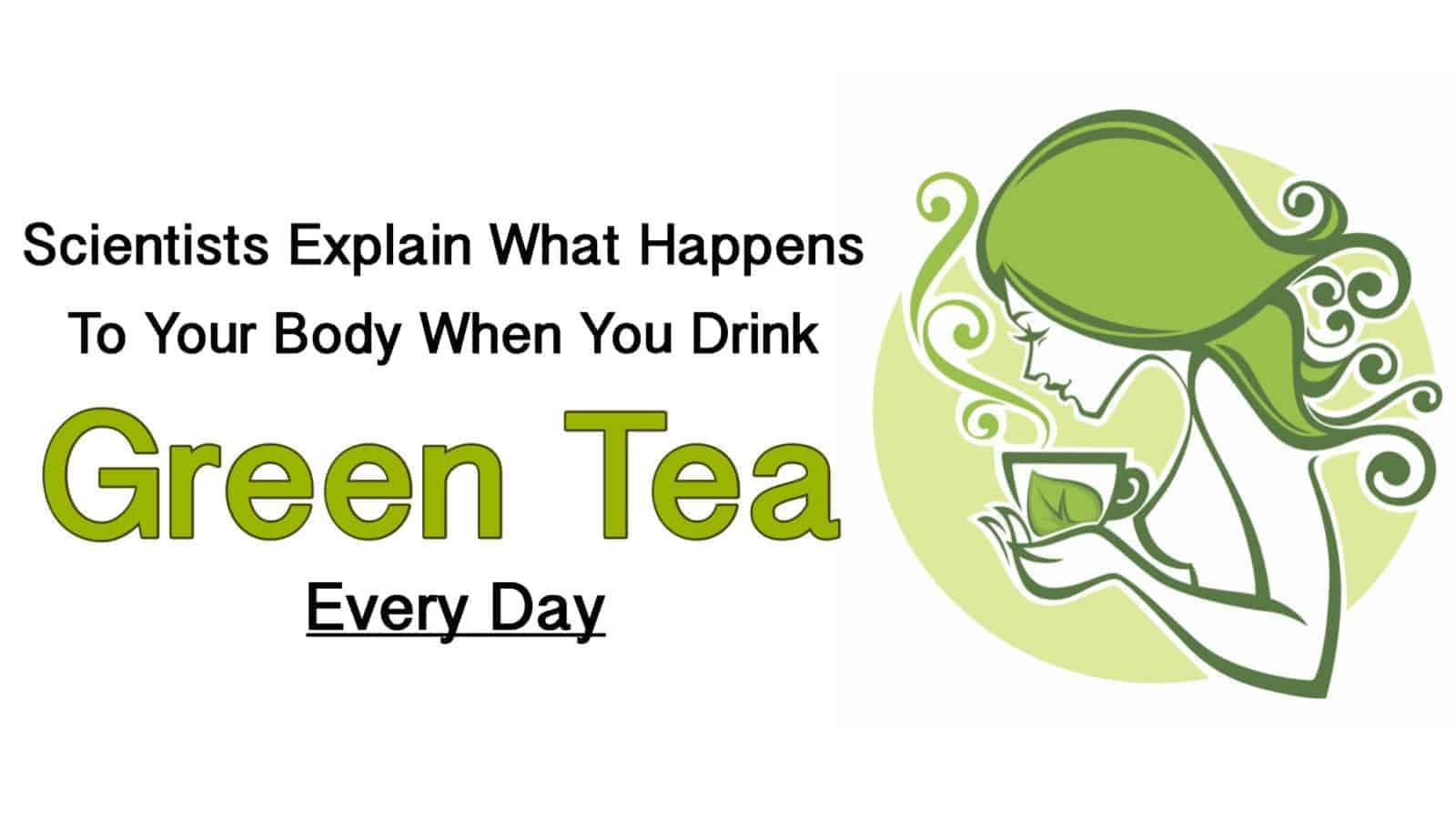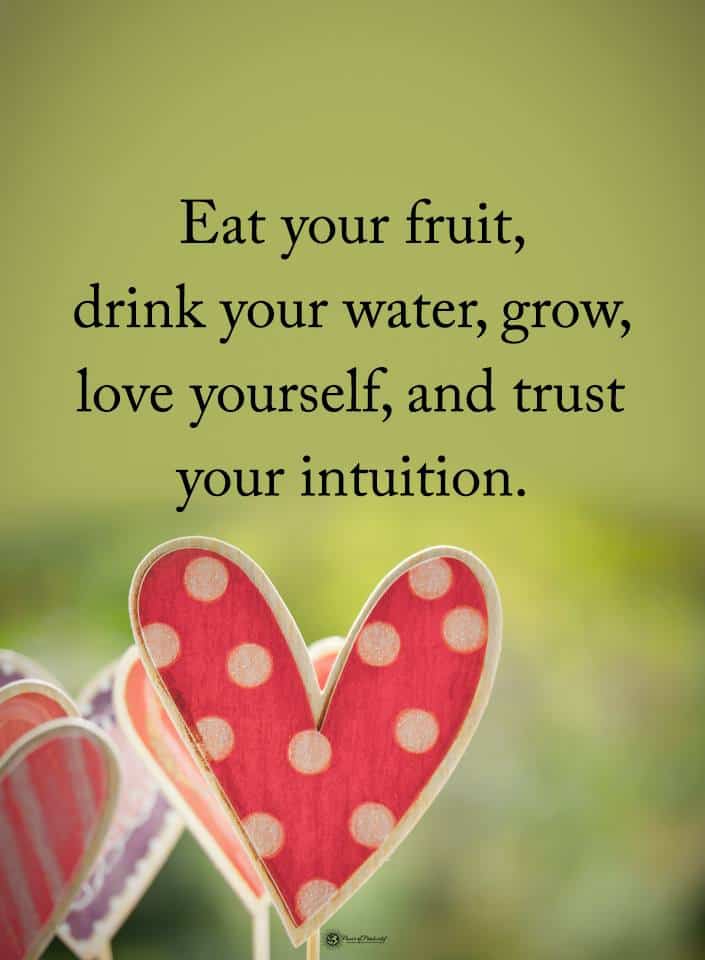It’s true that healthy foods won’t cure your anxiety, but a healthy diet can affect your mood. Certain foods and drinks can relieve your worry and stress without spiking your blood sugar levels. These cortisol-reducing foods will make you feel calmer and less stressed.
Why is it essential to eat cortisol-reducing foods?
Cortisol is called a “stress hormone.” Your adrenal glands are on top of each kidney. The outer part of your adrenal glands is called the adrenal cortex. Your adrenal cortex produces cortisol, aldosterone, androgen, and estrogen. Cortisol has many roles in your body, including the following:
- Reducing your body’s inflammation
- Increasing your blood sugar
- Regulating your sleep cycle
- Controlling your blood pressure
- Managing your body’s carbohydrates, proteins, and fats
Cortisol gets released in stressful circumstances or when your body is under physical stress like an infection or an accident. It’s good if cortisol releases into your body short-term in emergencies, but if your body continues to release cortisol long-term, it creates stress. You may end up with inflammation. Left untreated, you may develop Addison’s Disease, which needs to be treated with cortisol replacement drugs like Hydrocortone.
15 Cortisol-Reducing Foods to Calm Your Anxious Mind
Try adding these foods to your diet to ease the impact of anxiety on your life.
1. Dairy products
Dairy products have stress-reducing properties. These foods contain whey protein, which increases your brain function and regulates your cortisol levels.
2. Eat cortisol-reducing sweet potatoes
Sweet potatoes are sometimes called a 3-in-1 food product. This is because this yummy orange veggie has high starch like a cereal, pectin like a fruit, and increased vitamins and minerals similar to a vegetable. Sweet potatoes are high in phenols. They have strong antioxidants properties that fight disease, improve your immune system, and protect your brain function. Recent studies found that sweet potatoes compounds have both physical and physiological benefits.
For instance, sweet potatoes are rich in magnesium, which helps lower anxiety levels and boosts your mood. Other benefits include the following:
- Help you lose weight
- Reduce your cravings for sweets
- Boost your energy
- Reduce constipation
- Relieve adrenal fatigue symptoms
3. Legumes
Foods high in magnesium can reduce cortisol and its effect on your body. Adding unrefined, fibrous legumes(beans) to your diet can help control your cortisol levels. Eat legumes such as these:
- Black beans
- Pinto beans
- Chickpeas
- Lentils
4. Nuts (cortisol-reducing snack food)
Another cortisol-reducing food you can add to your diet is nuts. Nuts maintain healthy cortisol levels. The B vitamins and fatty acids in nuts strengthen your immune system, which stress affects. Eat these nuts for lower cortisol levels:
- Pecans
- Walnuts
- Hazelnuts
- Almonds
- Pistachios
5. Egg yolks
Eggs, a low-glycemic-index food, lower your cortisol levels. High glycemic index or foods that raise your blood sugar, like sugar and starch, also increase the cortisol in your blood. Eating the entire egg is okay, but egg yolk contains more fat, cholesterol, and calories than an egg white. Plus, most of the other nutrients are in the egg white.
6. Citrus fruits and strawberries
Foods that are high in vitamin C can stabilize your cortisol levels. Your adrenal glands contain a high amount of vitamin C. Vitamin C plays a significant role in your adrenal cortex and adrenal medulla. These glands play a role in producing and regulating cortisol in your body. When you consume vitamin C-rich foods, it helps your adrenal glands. Another high in vitamin C include the following fruits:
- Lemons
- Grapefruit
- Kiwi
- Papaya
- Mango
- Guava
7. Dark chocolate (the most decadent of the cortisol-reducing foods)
Dark chocolate doesn’t just taste great. Lower in sugar than milk chocolate, dark chocolate helps improve your mood and reduces your anxiety by lowering your body’s cortisol levels.
8. Oily fish
Omega-3 fatty acids exist in oily fish. They play a role in brain health and regulating your cortisol levels, especially during stress. Eating a high amount of omega-3 rich foods like oily fish can also protect you from mood swings and depression. These oily fish can help lower your cortisol levels, including:
- Sardines
- Herring
- Salmon
- Trout
- Mackerel
- Salmon
- Anchovies
9. Sauerkraut or kimchi
An active bacteria called Lactobacillus reuteri is suitable for your gut and lowers cortisol levels. This good bacteria is found in fermented foods such as sauerkraut and kimchi. Other foods that contain these friendly bacteria include these fermented foods:
- Yogurt
- Kefir
- Kombucha
- Tempeh
10. Drink green tea for its cortisol-reducing impact
Drinking green tea daily may reduce psychological distress. This is because green tea lowers cortisol. Individuals who drink green tea say it improves their mood.
11. Cloves
Clove oil is a fast-acting compound that lessens a cortisol response in your body. Cloves are a natural spice with high antioxidant activity. Eating spices like cloves can reduce and even eliminate the harmful effects of contamination on your body from the environment.
12. Bananas and prune
When you have too much cortisol in your kidneys, it can cause them to release potassium. Eating potassium-rich foods helps restore the proper amount of potassium and decreases stress and too high cortisol. Besides bananas and prunes, other potassium-rich foods include these:
- Dried fruits
- Avocado
- Broccoli
- Potatoes
13. Collard greens and kale
Plants like collard greens and kale are high in vitamin E. This vitamin is high in antioxidants that help remove toxins from your body and improve cortisol levels.
14. Whole grains
Whole grains contain B vitamins, magnesium, and antioxidants, which help your body metabolize cortisol properly. Eating a warm bowl of oatmeal isn’t just comforting but boosts your levels of serotonin, which calms your brain and levels out your cortisol levels. Whole grains are brown rice, buckwheat, rye, bulghur, and quinoa.
15. Turmeric is a multi-beneficial cortisol-reducing seasoning
The spice turmeric contains cortisol-reducing abilities. It increases your serotonin levels, which lowers your stress hormones. Turmeric’s potent antioxidant powers help lower inflammation and protect your brain. Turmeric contains curcumin, which links to reversing heart problems and could help treat corticosteroid disorders. Studies found that the spice, curcumin, was used in American Indian medicines to treat several diseases, such as allergies, arthritis, diabetes, and dementia.
What foods make your cortisol rise?
Certain foods increase your cortisol levels. These foods have little nutritional value and affect your brain’s function and mood. These foods are common in the American diet. It may be challenging to eliminate these from your diet. Start small, taking a couple out of your diet over several months. At the same time, start adding in more cortisol-reducing foods.
1. Refined sugars
Sugar raises your cortisol levels more than any food. It also increases your blood sugar. After eating sugary food, you may feel good, then an hour later, you’ll experience an energy crash. This is because sugar elevates your blood sugar too quickly then causes it to plunge. Maintaining your blood sugar helps reduce your cortisol levels. Sugar causes cravings, similar to how people crave drugs. Get control of your stress by getting rid of sugar in your diet.
2. Refined grains
Similar to refined sugar, refined grains contain little nutrition. That’s because the bakery removes the whole-grain fiber. Thus, they are high in starch. They increase your cortisol levels and are high on the glycemic index. So eliminate these refined grains from your diet to reduce cortisol for better brain health.
- White rice
- White flour
- Corn crits
- White bread
3. Trans fats
Most processed foods contain trans fats. Foods like crackers, baked goods, and chips all have some amount of trans fats. They come under the name hydrogenated oils or fats. Some foods are labeled “no trans-fats,” but they still contain several trans fats. These fats increase your cholesterol and raise your cortisol levels.
4. Alcohol
Even though alcohol isn’t a food, it increases your stress levels by elevating the cortisol in your body. Alcohol is terrible for your liver and causes you to feel depressed after it wears off. Of course, alcohol is addictive, similar to sugar and caffeine. This response makes it so hard to stop with just one or two drinks.
5. Low fiber food
Foods that are low in fiber affect your cortisol. These foods increase your cortisol because they’re high in starch and harm your gut.
6. Excessive amounts of caffeine
Too much caffeine raises your stress levels and cortisol production. Consuming too much caffeine is like eating sugar. It increases your blood sugar, so you feel hungry. Caffeine has addictive properties. No wonder you need that cup of java when you wake up every morning. If you must drink caffeinated drinks, limit how much you drink every day to help maintain your cortisol.
Final thoughts on eating a cortisol-reducing diet
Dealing with anxiety is hard enough without worrying that what you’re eating could worsen your anxiety. Certain foods can calm your anxious moods. These cortisol-reducing foods can’t cure your anxiety but will affect your feelings. Whether you add more fermented foods, citrus fruit, green tea, or cloves to your diet, hopefully, you’ll feel better physically and mentally.

















 Community
Community

